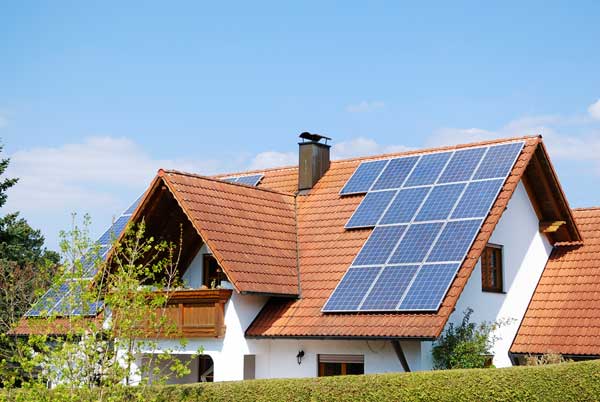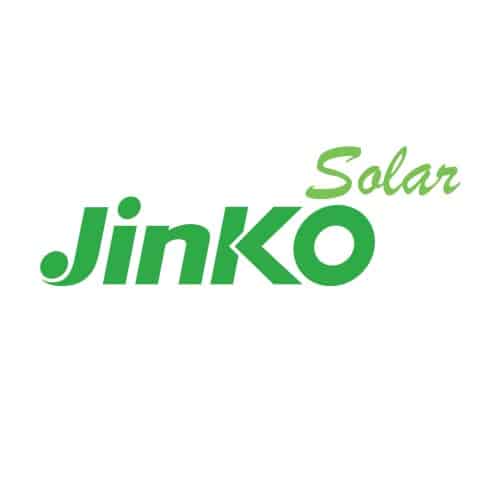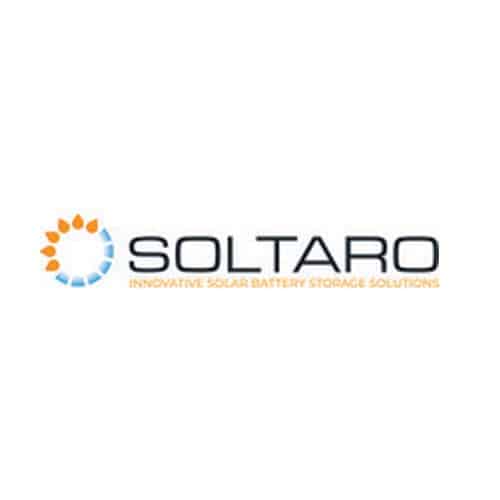Table of Contents
What is solar?
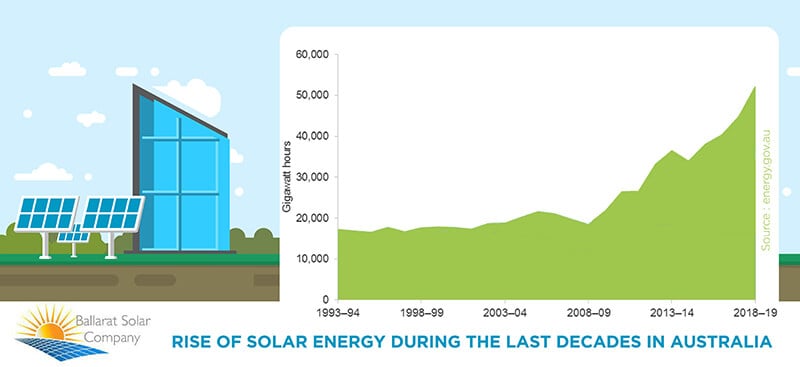
Solar, also known as solar photovoltaic (PV) panels, are used to convert the light of the sun which contains many particles of energy or photons into electricity.
Solar cells are made of silicon wafers. Silicon is an abundant non-metallic chemical element, hard brittle crystalline & solid and is the second most abundant element in the Earth’s crust after oxygen.
How solar panels work

The sunlight activates the panels and the cells start producing electrical current. The electrical energy is converted and electricity powers your home. More scientifically, when photons hit a solar cell, they knock electrons loose from their atoms.
When electrons flow through such a circuit, they generate electricity. Multiple cells make up a solar panel and multiple panels can be wired together to form a solar array.
Why should you make an investment on solar?
Suffice to say that solar is an evolving technology, a great energy saver which won’t go out of sync with modern living and is a miracle which lets you reap many unlimited benefits.

- Source of renewable energy
- Reduces air pollution and water usage, helps fight climate change
- Eliminates dependence on non-renewable and expensive energy sources
- Helps improve living conditions and increases the value of your property
- Reduces your electricity bills, buy less electricity from the grid
- Low maintenance costs
- Rebate programs introduced by the government provides added benefits
- Green loan options to support your decision
- Earn rewards for the excess energy that you produce using your solar panels
Think before you leap. Factors to consider prior to installing solar panels at your home.
Location and buildings of your surrounding
As you are aware, solar panels generate energy using sunlight. Hence the amount of exposure to the direct sunlight is a deciding factor.
Size and structure of the roof
Prior to installing solar panels, its advisable to have professionals inspect the roof to determine if additional repairs or improvements are required to support the weight of the panels
Placement of solar panels
Let the specialists decide if your home is suitable for solar panel installation. The orientation of panels is crucial and requires to be installed to maximise the output.
Size of your home and energy requirement
Determine the energy requirement for your home to assist you to calculate the number of solar panels required and to also arrive at an approximate figure which will no doubt help you to arrange your finances for your investment. Easy to follow steps:
- Multiply the hourly energy consumption by peak sunlight hours
- Divide your answer by a panel’s wattage
A domestic solar panel usually has a power output between 225 to 400 watts. The higher the wattage, the more electricity the panel produces.
Choosing the right brand at the right price levels
When purchasing solar panels, always consider the quality, durability and warranty. Discard the cheap and unreliable and settle for a well known brand that is comfortable offering warranty and is confident of their product.
Permits or special permission from state
Although it may differ from state to state, it’s always wise to seek advice and consult a professional to avoid any mishaps or unnecessary interruption during the installation process.
Choosing the right Installer
It is mandatory to hire a licensed and an insured company for solar panel installation. Always check if they hold convincing credentials and experience.
A roof-top solar system includes the following:
- Solar Panels – Panels generates a flow of electricity
- Mounting System / Solar Module Racking – Mounting or racking systems are used to fix the panels on surfaces such as the roof.
- Solar Inverter – An inverter converts direct current (DC) which the solar panels generate to alternating current (AC) for the use of the electrical grid.
- Batteries (optional) – Batteries store the excess solar energy generated during the day. So if there are cloudy days, you have got nothing to worry about.
How do we choose the best solar panels suitable for your home? Nothing but the best for your home
We expect value for money by making an investment. So, how do we choose the best solar panels suitable for your home?

You should always check the following when selecting the solar panels for your home:
Efficiency – Did you know that the more efficient the panels are the less space they consume? Choose a panel which can offer you its best even during the most adverse weather conditions. Efficiency suggests the quality of the module and its performance in the long run.
Performance / Output – Check if the solar panel manufacturer furnishes you with a guarantee for the performance of the panel for no less than 25 years.
Warranty- The panel manufacturer should furnish you with a product warranty. The warranty period varies from 10 to 25 years. The longer the warranty period, the higher the quality of panels.
Price – Always consider before purchasing, if you have agreed to buy a product which clearly states value for money. Ensure to purchase solar panels which would not let you down. Hence avoid paying penance and spend a few extra.
Presence in Australia – Consider purchasing panels from a manufacturer who has a stable presence in Australia.
Approvals – Check with your manufacturer if the solar system that you wish to purchase is approved by the Clean Energy Council. If not, you will not be eligible to apply for your solar rebate. Assure that the solar system you purchase meets the safety standards set by the council.
Buy the best brand which is in par with the approved quality standards
We at Ballarat Solar Company offer only the best brands for our valuable customers.
Brands that we recommend:
How much does a solar system cost?
An average sized 6kW solar PV System would cost between $4,000 and $6,000 in Australia and a 10kW solar system would cost between $7,500 and $10,500.
6kW PV Cost
Between $4,000 and $6,000
10kW PV Cost
Between $7,500 and $10,500.
These rates are not fixed and are subject to change over time.
Solar panel rebates:
Solar panel rebates will maintain their current value of up to $1,400 plus the option of an interest-free loan until 30 June 2022.
It is recommended to purchase and install your solar system before the rebates offered are dropped down further.
To know more information about rebates, do visit Solar Victoria
What’s the cost involved in Solar installation?
An average grid-connected solar power system will be around 10 to 24 solar panels (approximately 4 to 9.6kW).
Based on the above the approximate cost of solar system installation would be between $ 4000 and $9000
How long does solar take to pay off?
The electricity bills will start reducing once the solar system has been installed and connected.
The upfront cost incurred can be covered most probably within
3-5 years.
How can you earn and save money after solar installation?
A grid connected solar system reduces the amount of electricity required to be bought from the electricity retailer.
- Feed in tariff for the energy produced in excess
- Hire professional help to install the solar system
It might cost you extra but professionals have the necessary knowledge and experience required for solar system installation. It may not be rocket science, but its still a lot of hard and sensitive work. Get work done right the first time.
Solar system installation involves electrical work, special equipment installation, climbing on high-roofs and balancing yourself and the expensive equipment on sloping rooftops.
Ways to improve your solar experience
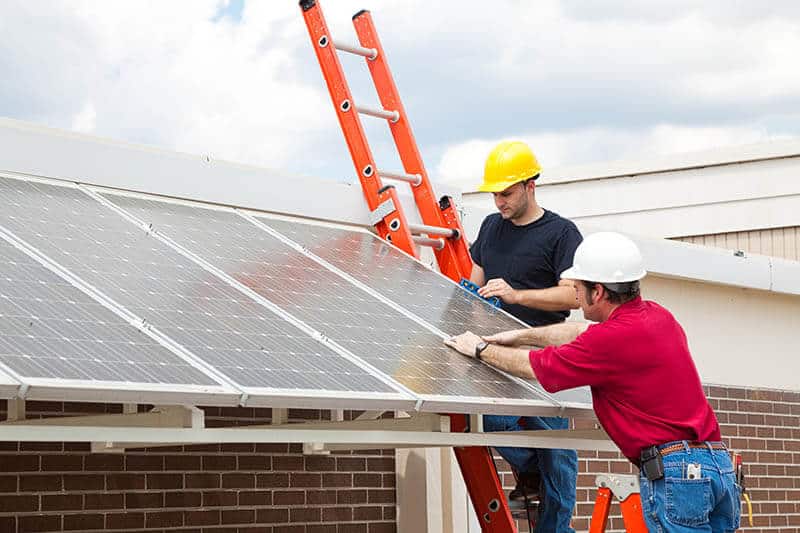
It’s said that investing in a solar system is a vote against saving money in a bank. Congratulations on making a wise decision to install a solar system. Yet wondering of additional ways to claim your joy?
Battery – Even though battery is optional, it makes great sense to have a battery which will store the unused energy that is generated by your solar system. This can be an added allowance for the rainy days, during night or cloudy days.
Make hay while the sun shines – As you are aware, a solar system generates electricity during the day. Hence its advisable to maximise your energy usage during daytime.
LED Lights – LED lights are efficient and great at saving energy.
Upgrading electrical appliances – The market offers upgraded energy efficient appliances which assists in saving energy.
Cleaning solar panels – Solar panels should be cleaned ideally every six months by a professional. Dirt and debris which prevents the light are to be removed or else will gradually lead to less energy production.
Why risk it all when the connoisseurs are just a call away.
We at Ballarat Solar Company are dedicated towards offering you nothing but the best solar systems and related services.
Being a Clean Energy Council approved company, our team is well equipped, knowledgeable, experienced, reliable and friendly.
Our team will assist you choose the best solar system based on your budget, provide installation services and after services.

